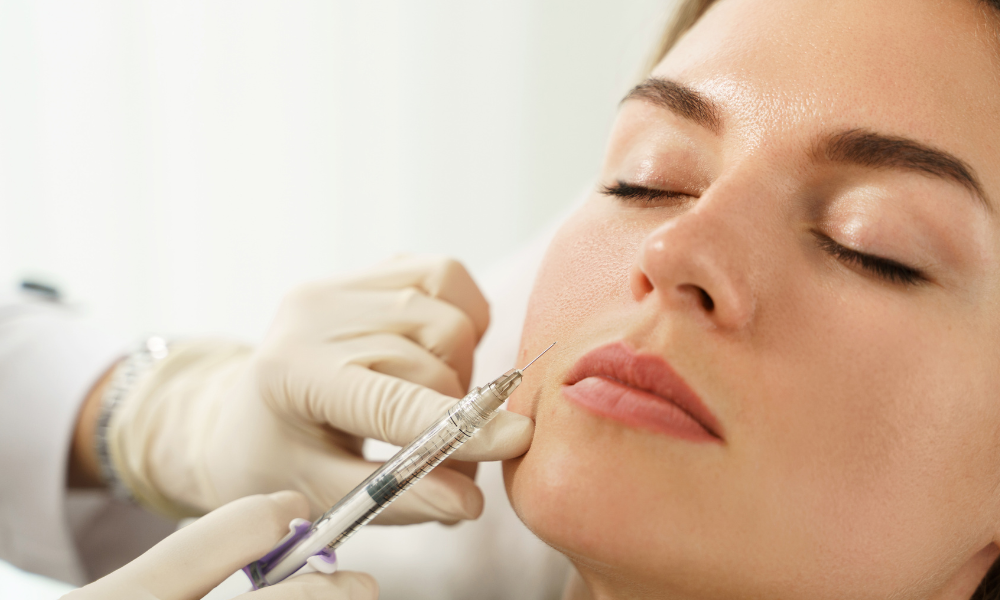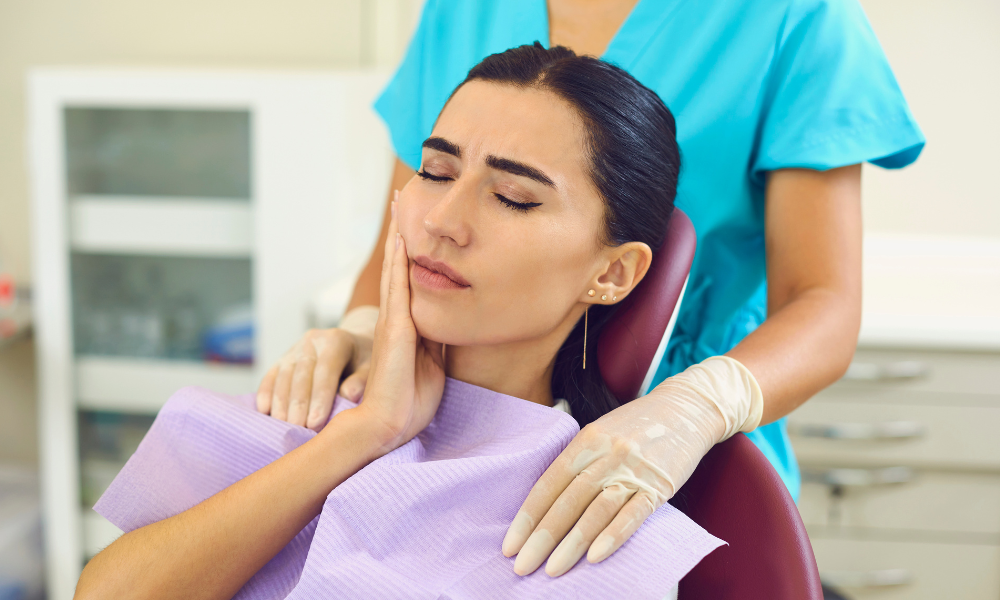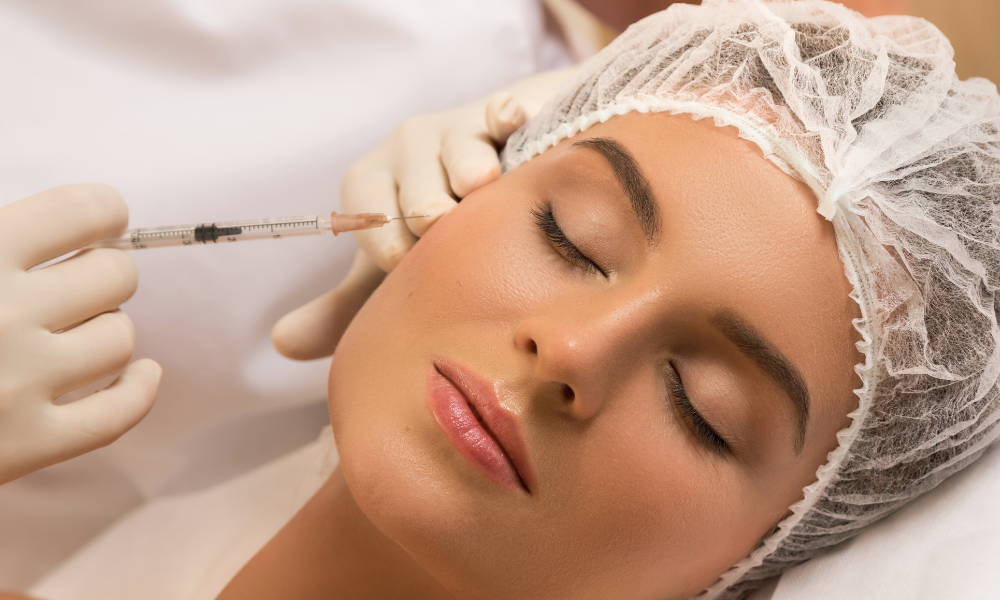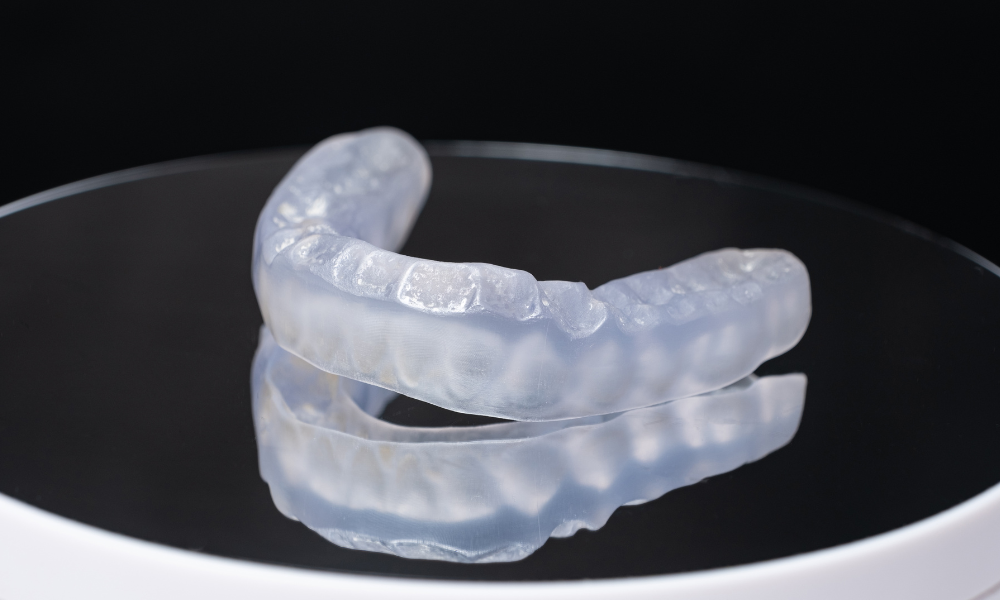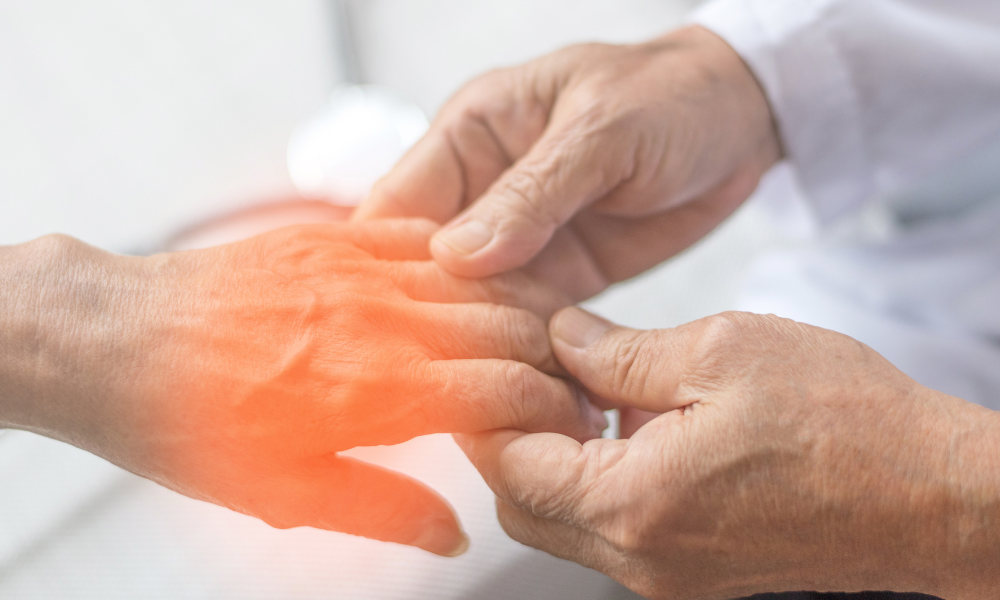
Temporomandibular Joint (TMJ) disorders can cause significant discomfort in the jaw, face, and neck. While professional treatment is often necessary, there are effective at-home strategies to manage TMJ pain. In this blog, we'll discuss self-care tips to help you find relief.
Understanding TMJ Disorders
TMJ disorders occur when the joint connecting your jaw to your skull is injured or damaged. Symptoms can include jaw pain, headaches, earaches, and difficulty chewing.
Top At-Home Self-Care Tips:
- Apply Ice or Heat: Use ice packs to reduce inflammation or a warm compress to relax tense muscles.
- Jaw Exercises: Gentle stretching and strengthening exercises can improve joint function and reduce pain.
- Mind Your Posture: Maintaining good posture can prevent strain on your jaw muscles.
- Stress Management: Practice relaxation techniques like deep breathing or meditation to reduce stress, which can exacerbate TMJ pain.
-Dietary Adjustments: Opt for soft foods that are easy to chew, avoiding hard or chewy items.
When to Seek Professional Help
If self-care measures aren't providing relief, or if your symptoms worsen, it's important to consult a specialist for further evaluation and treatment.
While at-home care can be beneficial, ongoing TMJ pain should not be ignored. Early intervention can prevent further complications and improve your quality of life. Visit Dr. Jared Bloxham at Columbia Center for Sleep Apnea & TMJ to see what conservative, non-surgical treatments there are for you!
